Would you trust Elon Musk with a secret?
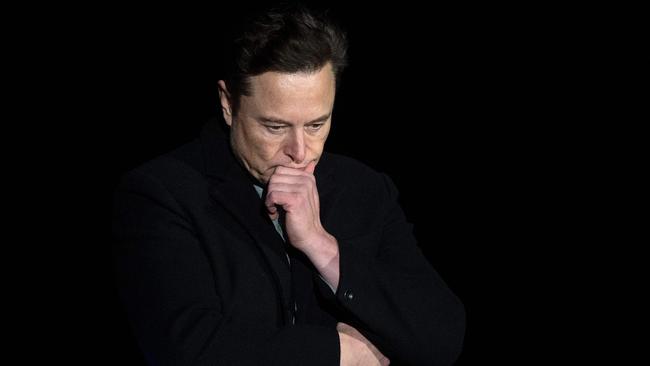
Can it be true? Neil Parish, who remains technically the MP for Tiverton and Honiton, claims that this is what he was doing the first time he was spotted watching people (we must assume) doing the nasty on his phone in the House of Commons, but it’s a tricky scenario to replicate, pruriently, in the privacy of your own home.
Subsequently, his friends have let it be known he was looking at a combine harvester called a Claas Dominator. Questions still abound, such as “what were his search terms?” and, “hang on, is a combine harvester even a tractor, anyway?” Although I did, also, find myself fondly remembering that time a farmer kid from my school – mad about tractors, used to maintain his own – came back after a day at home and was asked what he’d been doing. “Greasing my nipples,” he said, guilelessly. I’ve still no idea what he meant, but I’m assured it wasn’t filthy. Except, literally.
This, though, is not to be a column about Tory MPs in their sixties watching porn. I just started like that to turn you on. Actually it’s a column about Elon Musk buying Twitter. Or it will be in a minute. Because it is worth remembering that, within the King’s Cross headquarters of another tech company – Google – it would be the work of a moment for somebody to see what Parish had been doing with his phone. In his case, sure, it took the fact that two female MPs saw him do it to raise the alarm, and quite a lot of the alarm is of course based on the fact that he was doing it next to them. But Google already knew. We let ourselves forget it, a thousand times a day, but Google always knows.
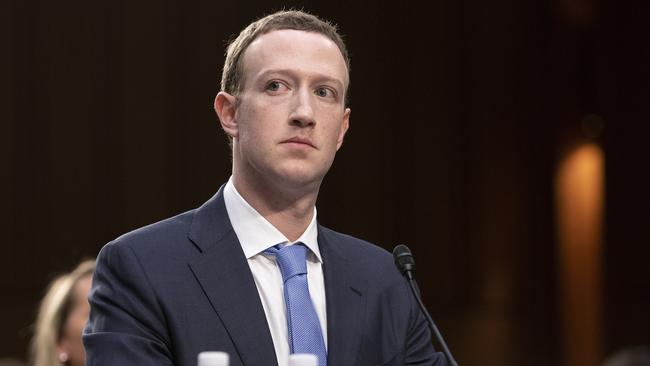
Although what, you may be wondering, has this to do with Musk? Well. For the most part, since his acquisition of the social media network became known, concern has focused on the implications for free speech, whether hate speech will surge, whether Donald Trump will be allowed back on, and so on. The thing is, though, there might be a bigger concern. For, in the words of the tech magazine Wired, as the new owner of Twitter, “Musk will soon be able to access all Twitter user data, including IP addresses and the content of direct messages”.
Twitter, I know, is not Google. For normal people, it plays a distant second, third or fourth fiddle to other forms of social media. For politicians and journalists, though, it is the main deal. Think of all the private messages they’ll have sent each other over the years, the gossip, the tips, the unwise 3am pictures. Then think of the character of Musk himself; a man once happy to smear a child-rescuing potholer as “pedo guy” to his millions of followers because he dissed Musk’s idea for a tiny submarine. And ask yourself, next time he’s in a spat with a public figure, how confident you are that decorum, fair play or corporate responsibility will hold him back. I mean, it’s a long way from “100 per cent confident”, isn’t it?
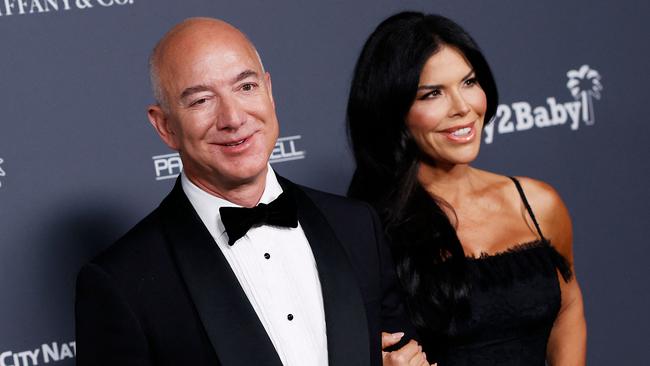
He also has commercial interests in countries such as China and Saudi Arabia, where Twitter remains a vital tool of dissidents – to the extent that Saudi actually infiltrated Twitter, with an actual spy, back in 2015. It is of course possible that Musk’s streak of devil-may-care nihilism may make him very, very staunch against any such transgressions, commercial interests be damned. But I think we’d also all agree it’s not impossible it won’t.
This is not, of course, a new concern. We all now know that tech billionaires such as Jeff Bezos and Mark Zuckerberg wield unprecedented levels of power, and face very few practical checks on what they can do with it. Thanks to their usual poses of lofty, apolitical diffidence, though, it’s very easy to just shrug about that. They also benefit from a lack of consensus. Comfortably two decades into the age of the internet, we still haven’t really figured out what online privacy means. As in, we have still not conclusively decided whether the stuff you do on a screen is a) an extension of your own private thoughts, or b) tantamount to screaming in the streets.
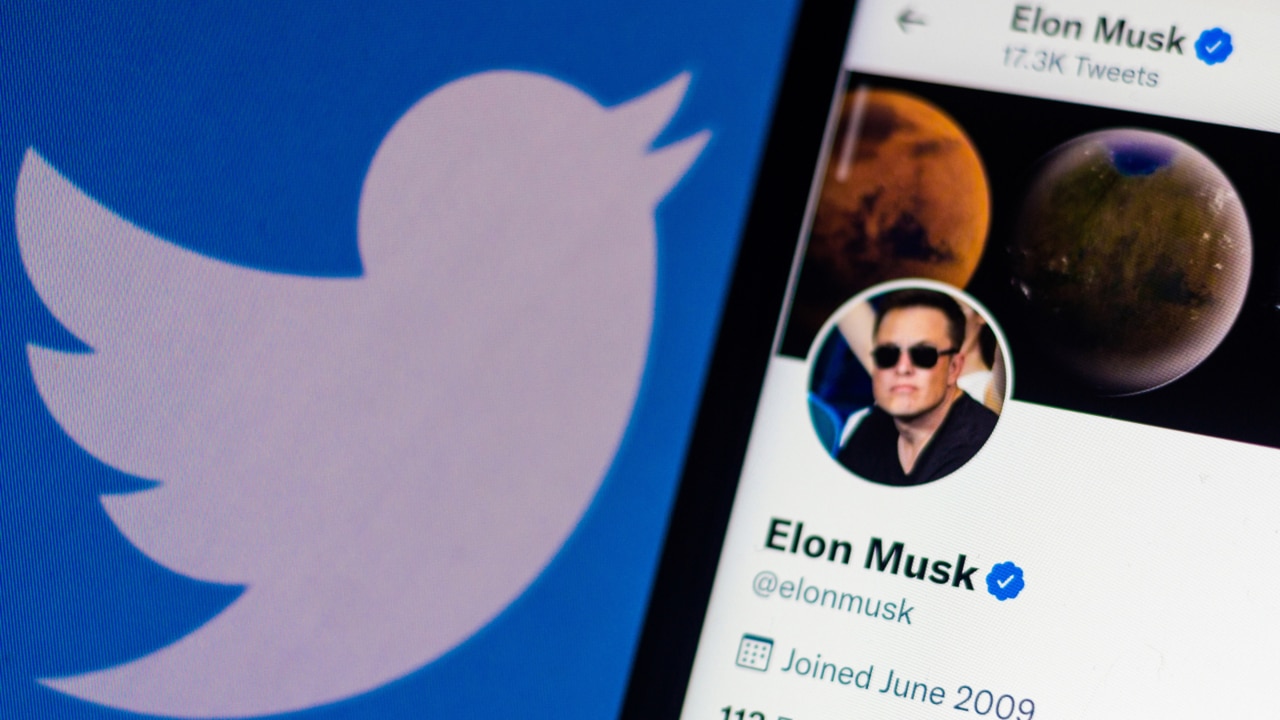
When it suits them, tech companies opt for b). Appearing before a Senate committee, Zuckerberg was famously asked which hotel he had stayed in the night before, and didn’t want to answer. This, of course, despite Facebook knowing that sort of information about anybody who uses it, and for a time (in 2006, in their ill-fated News Feed experiment) actually publishing it. Although Facebook, unlike Twitter, is at least taking steps to encrypt data wherever possible, meaning that actual humans, even in the company, won’t ever see it.
For this, our dear home secretary Priti Patel has periodically railed against them as collaborators with paedophiles and terrorists, because encryption is a security nightmare. Lack of encryption, though, also is. Personally, I can never quite decide which nightmare is worse.
Personally, also, I actually quite like the concept of Musk. I like his compulsive honesty, and his ceaseless vibe of “I’m a billionaire! What shall I do today?”, and I swear I’m not just saying that because he now has the power to ruin my life. Still, there is something about his capriciousness, and his randomness, and his bouts of gleeful vindictiveness that makes a couple of decades of blithe, global, online oversharing about almost everything look newly unwise.
What on Earth were we all thinking? Think of Parish, and his phone. Now think of everything you have ever done with your own. Look, I’m not saying you’re a tractor guy. But potentially, sort of, aren’t we all?
The Times

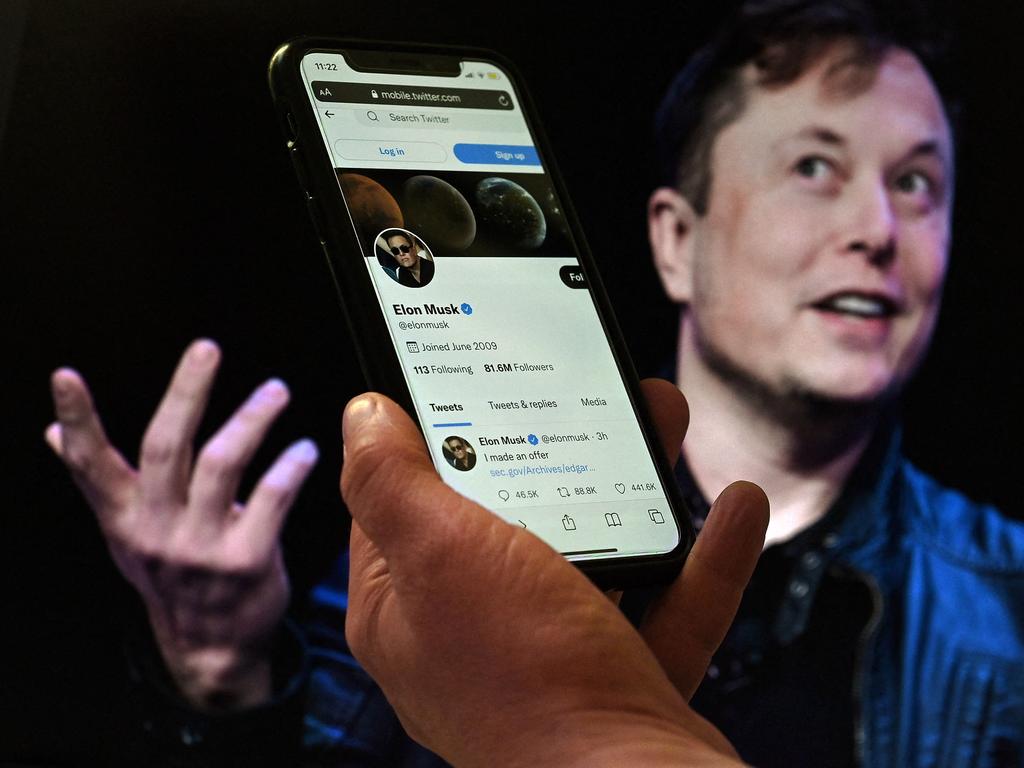
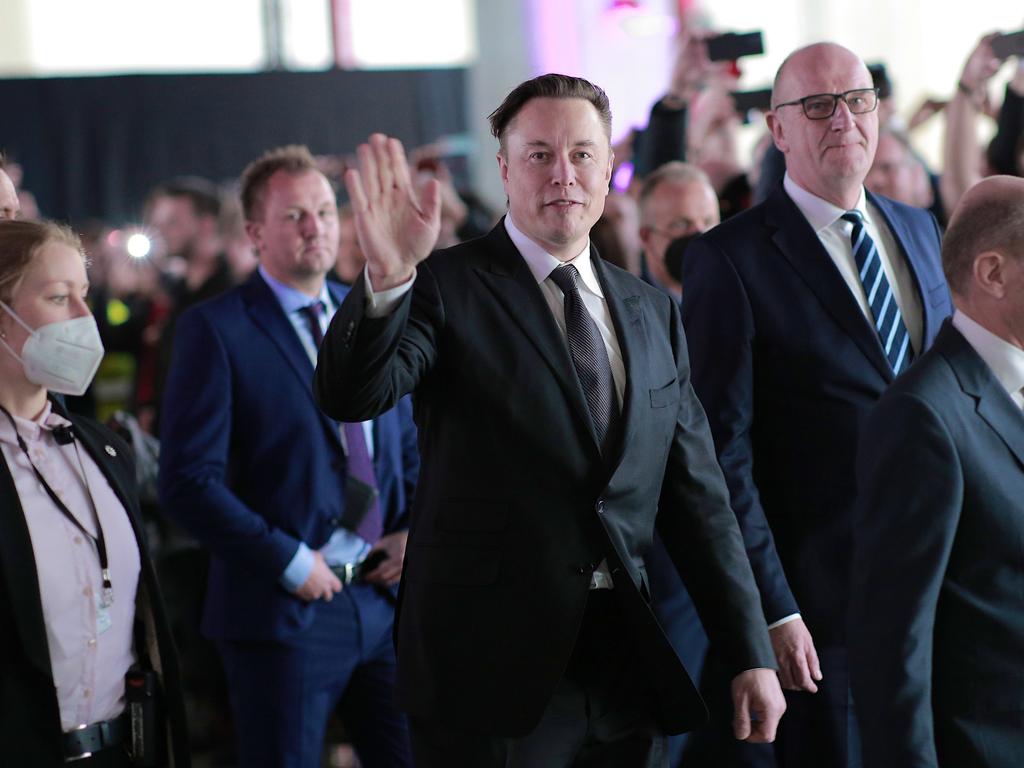


So how was your bank holiday? Probably, like me, you spent it trying to find pornography by googling tractors. No luck so far.